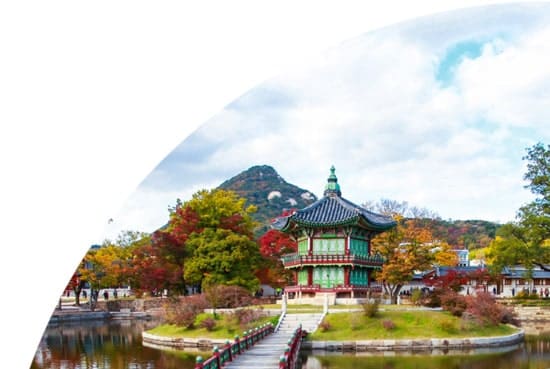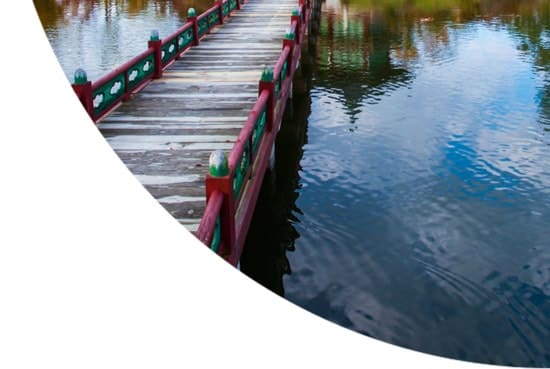Crimean-Congo haemorrhagic fever (CCHF) is primarily spread to humans either by infected ticks or animal blood. Human-to-human transmission can also occur resulting from close contact with the blood, organs or other bodily fluids of an infected person.


Travel Vaccinations for South Korea
Flexible appointments with no upfront payment
Book Now
Destination Information for South Korea
Technology and tradition are equally prominent in South Korea, a country full of contrasts. From ancient religious sites and temples to towering skyscrapers and bustling cosmopolitan cities, the diversity of South Korea is part of what attracts its many visitors.
A trip here should always include a visit to the capital, Seoul, which is a good base from which to see the Bukhansan National Park, unusually located in the city. In Seoul itself, as well as fabulous shopping, restaurants and nightlife, you’ll also have chance to visit a number of famous temples, in addition to the Seoul Tower and the popular Teddy Bear Museum.
A popular holiday destination for South Koreans is Busan, a major city towards the South of the country and close to the coast. It is known for its beautiful Haeundae beach, with many other tourist destinations within easy reach, including temples and historical sites. There are plenty of hiking and trekking opportunities for those who like to explore their travel destination on foot – visit during the autumn or spring months for stunning tree colours and scenery in the mountains.
If you’re looking for somewhere to travel that’s unlike anywhere in the Western world, offering unrivalled scenery, historic and religious significance and a diverse pace of life that’s suited to city-slickers as well as those who need peace away from it all, South Korea has it all. You’ll receive a friendly welcome from the locals and an experience you’ll never forget.
If you are travelling to the beautiful country of South Korea, it is important you have been administered with the appropriate travel vaccinations. You will need to be up to date with your Diphtheria, Tetanus and Polio but other vaccines such as hepatitis B, Japanese encephalitis and rabies. Book a consultation with one of our specialist travel health nurses and they will talk through all the vaccines you will need.
Infections and Outbreaks frequently change from country to country and by attending our clinics you will be given the most up to date clinical and safety advice from our team of specialists. Our advice to you often includes aspects such as:
- Food and water hygiene
- Insect and animal bite avoidances
- Personal safety
- Sexually transmitted infections
- Sun protection
- Altitude sickness
Malaria and regions within country:
There is a low risk of P.Vivax malaria throughout the country. Anti-malarial medication is not normally advised, however mosquito bite prevention is encouraged.
Non Vaccinated Diseases
Additional Health Risks Information for South Korea
Travellers to South Korea will find it generally a safe and peaceful place to visit. Crime against tourists and foreign visitors is rare, although it does happen occasionally. Take extra care of your possessions, especially in crowded areas, and avoid taking unnecessary risks.
Health care facilities in the country are usually of a good standard, although doctors, nurses and other staff may not speak English. Ensure you have adequate insurance in place, as medical treatment can be expensive. Across the whole of Korea there is a risk of tick-borne illnesses including dengue fever. Take sensible precautions to avoid being bitten by ticks and mosquitos. During the spring, air pollution is high, particularly in the cities. If you suffer from respiratory problems, it’s advisable to stay indoors as much as possible, and to keep well hydrated. Japanese Encephalitis is present in rural areas so consult a travel clinic to discuss vaccination before your trip.
The Korean peninsula is divided by a military zone which separates South Korea from the Democratic People’s Republic of Korea (North Korea). If you are in this area, take extra care for your own security, and follow any advice or instructions from the authorities.



